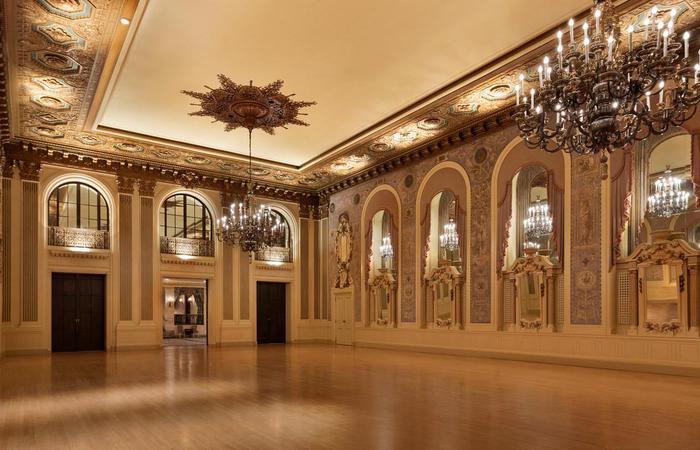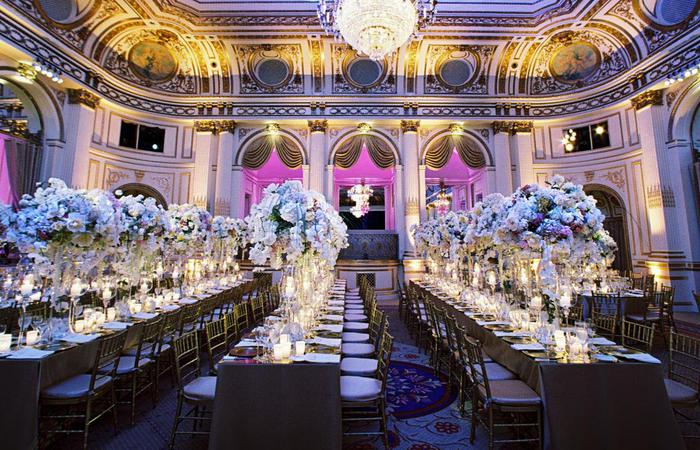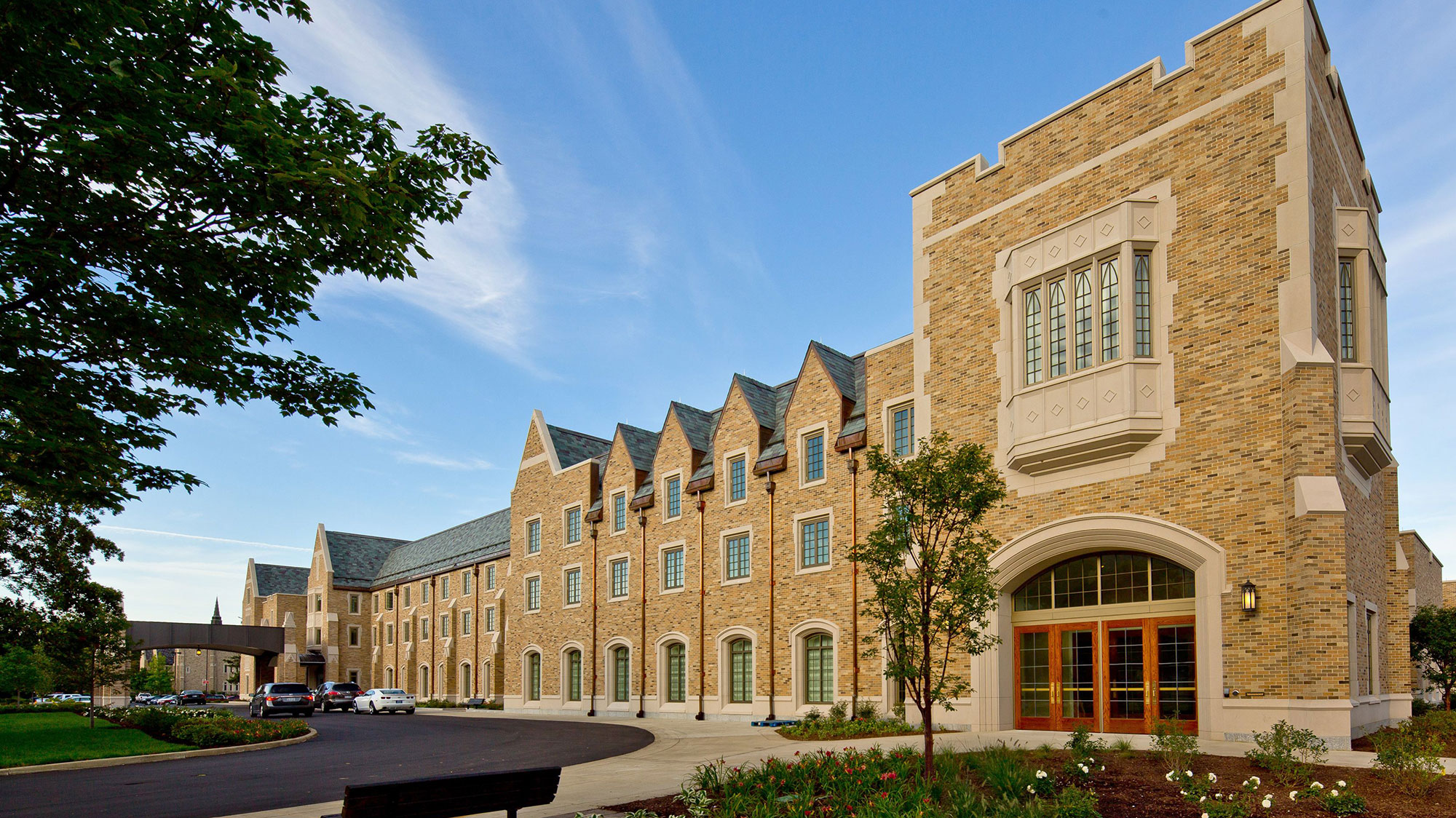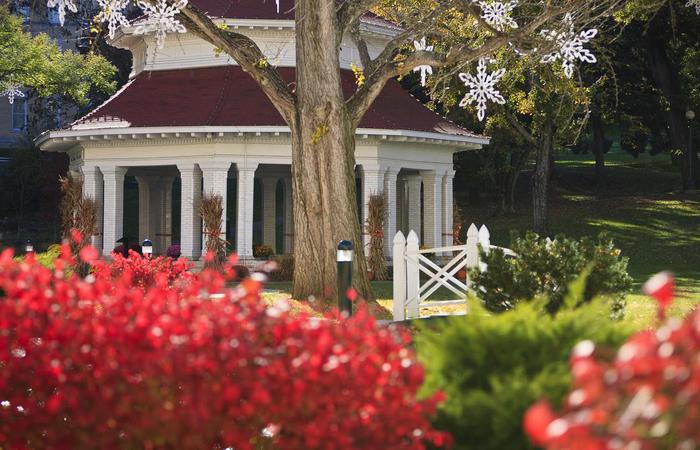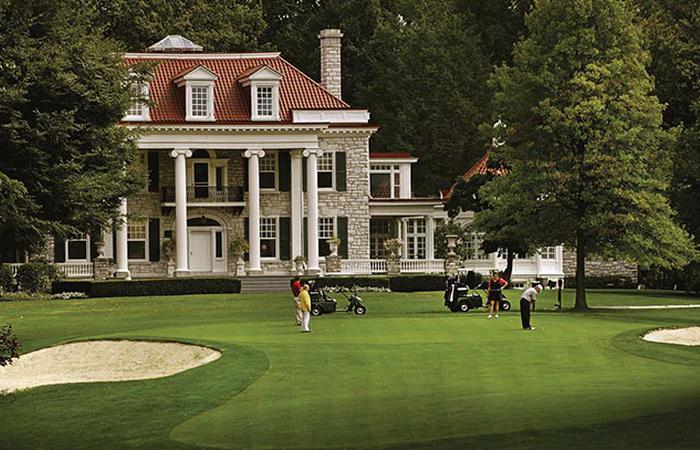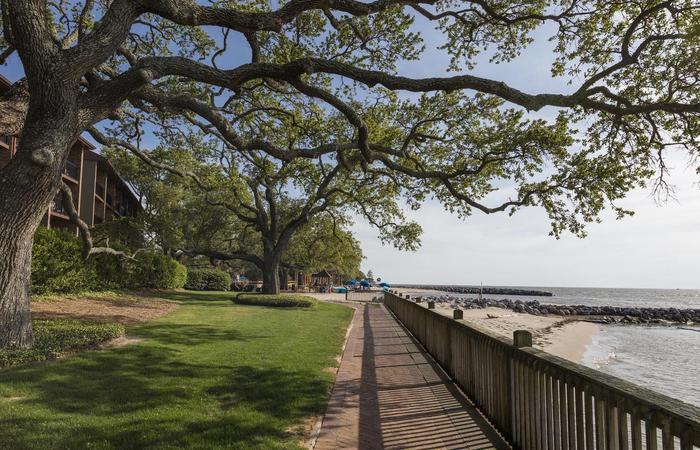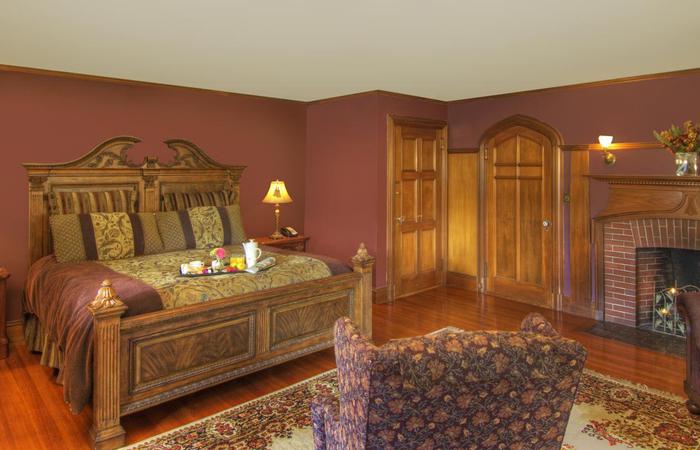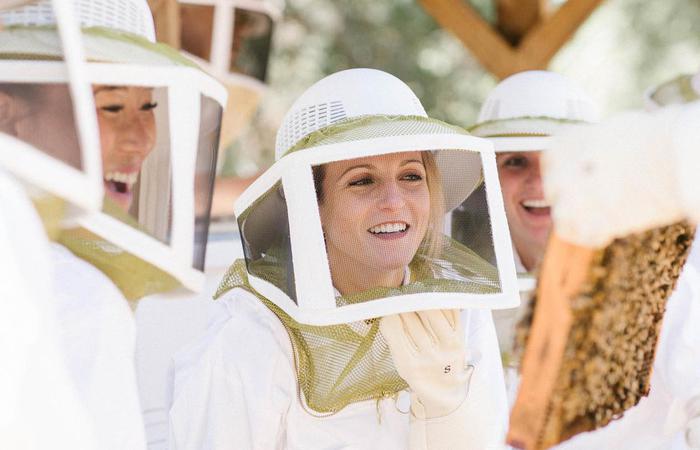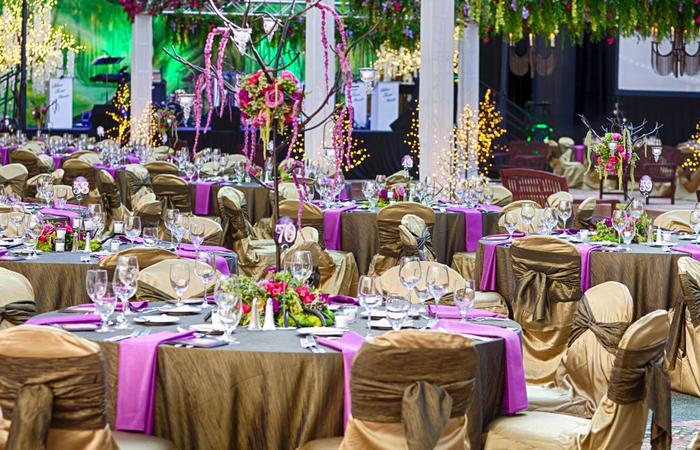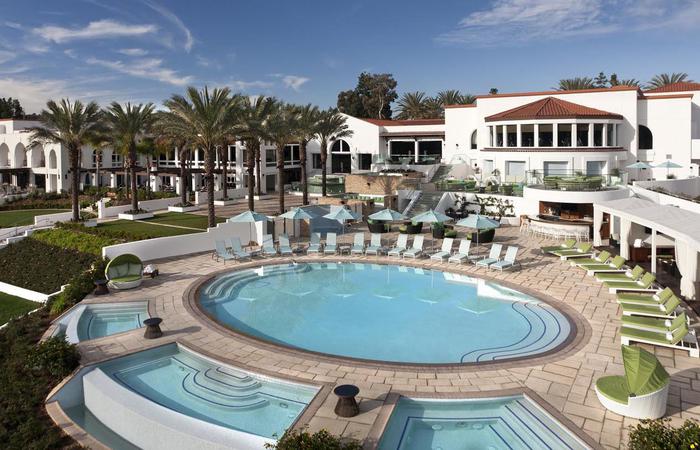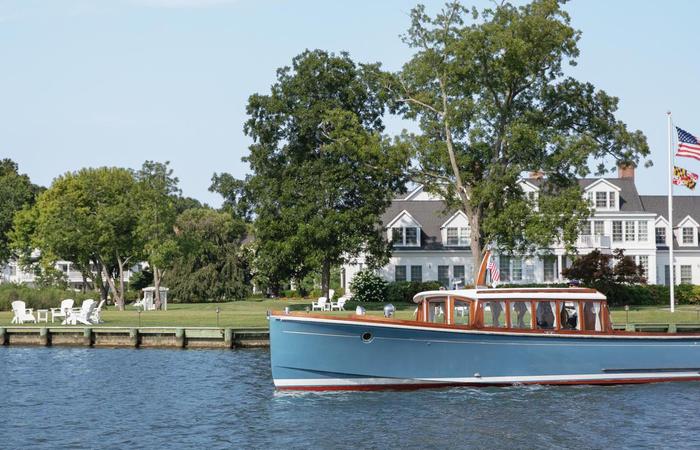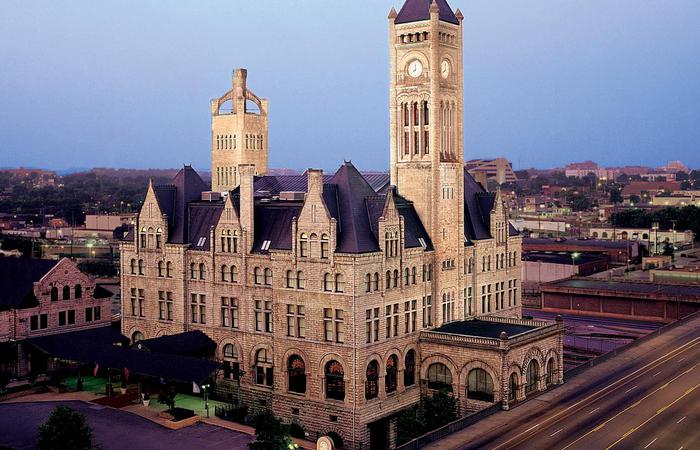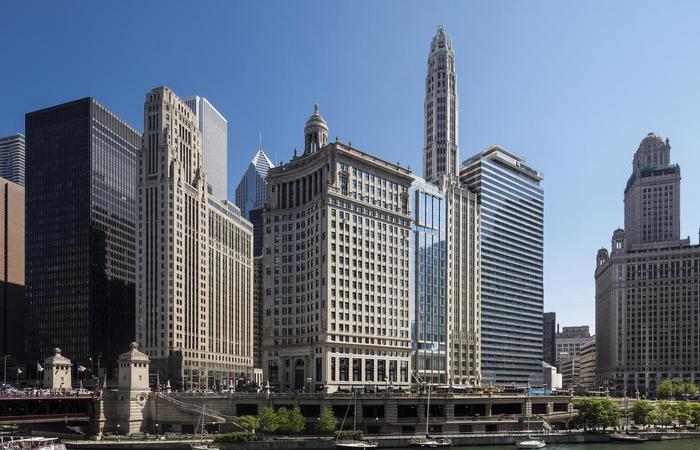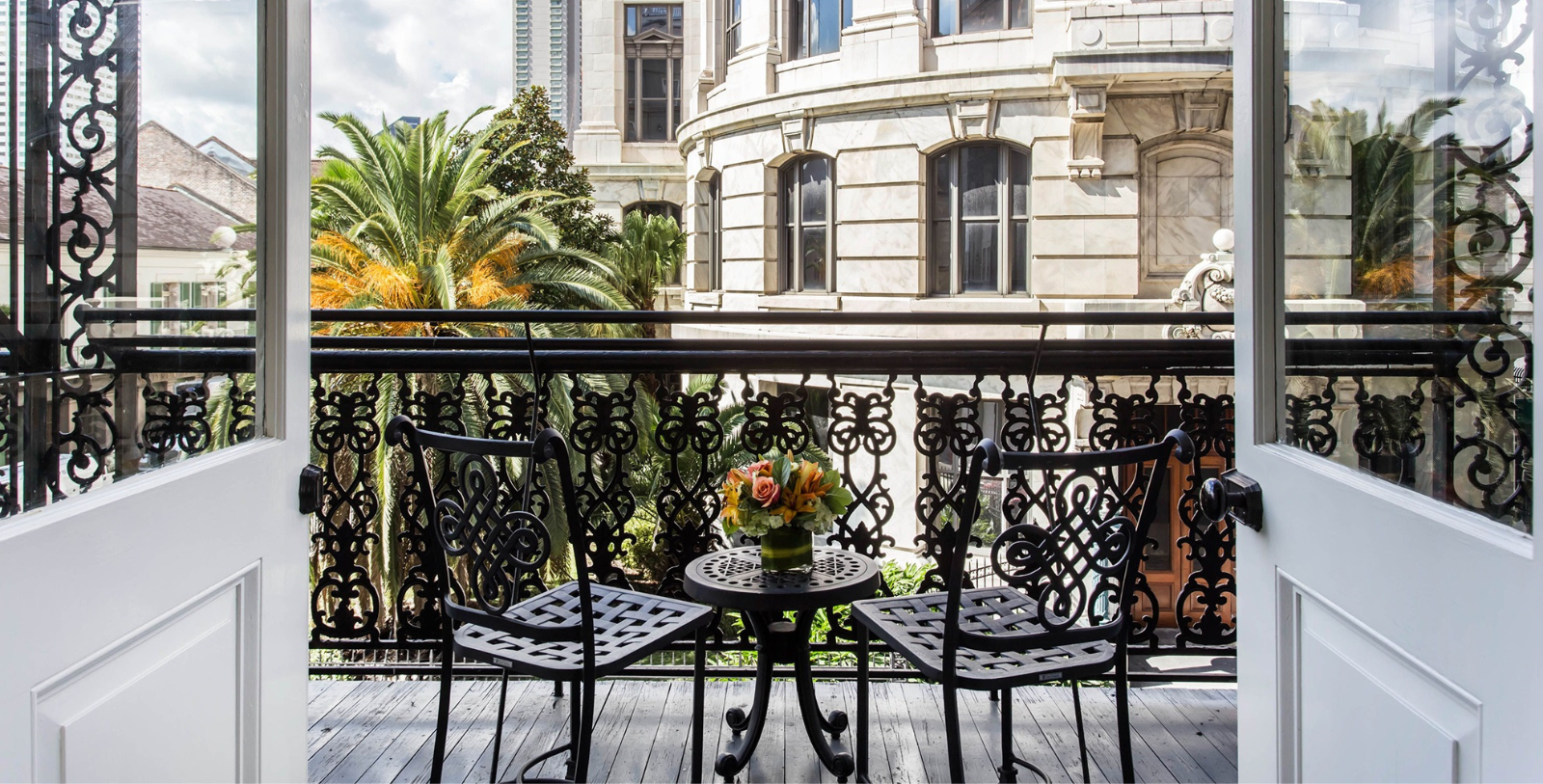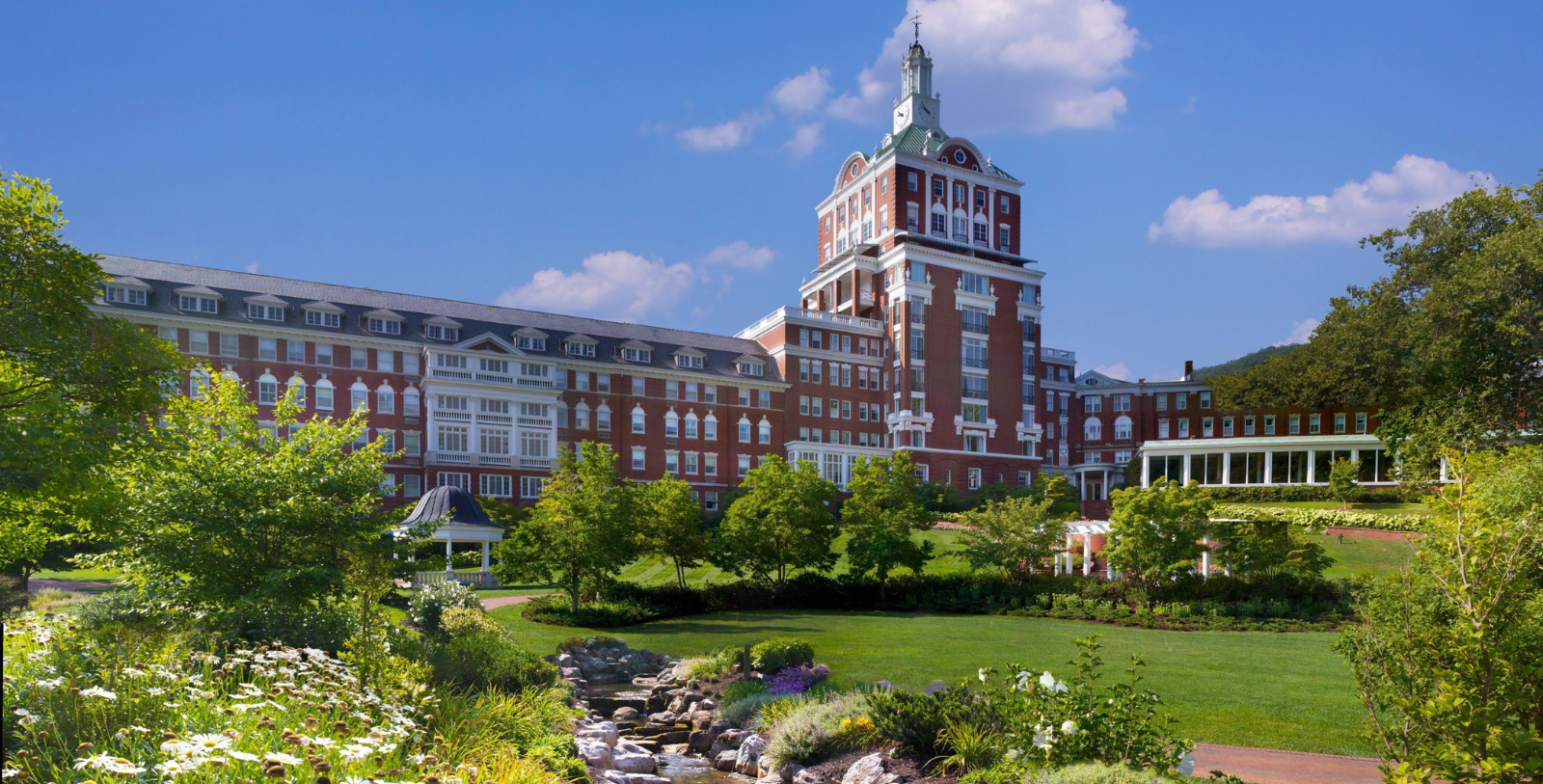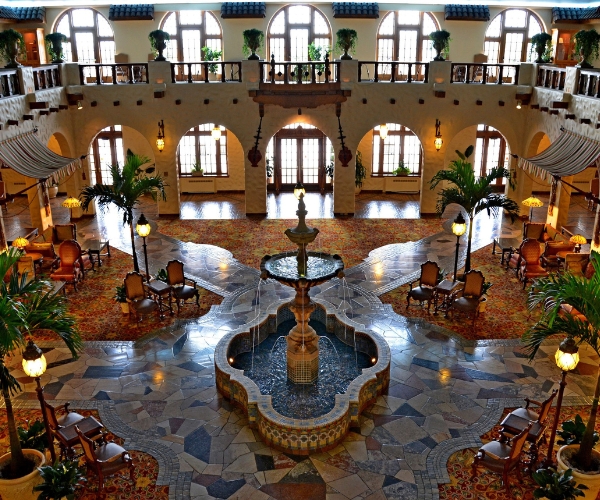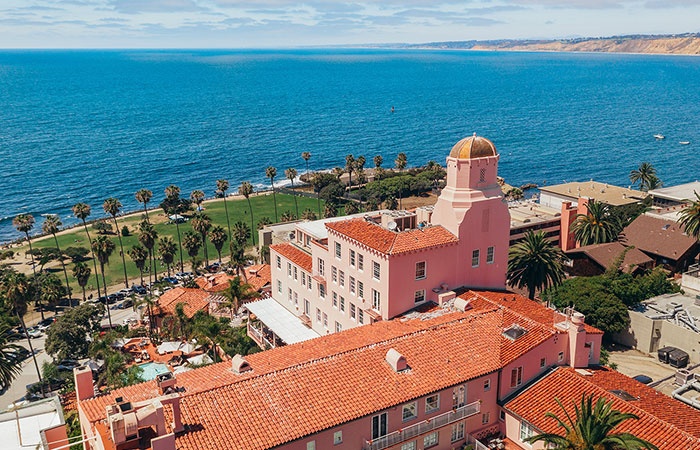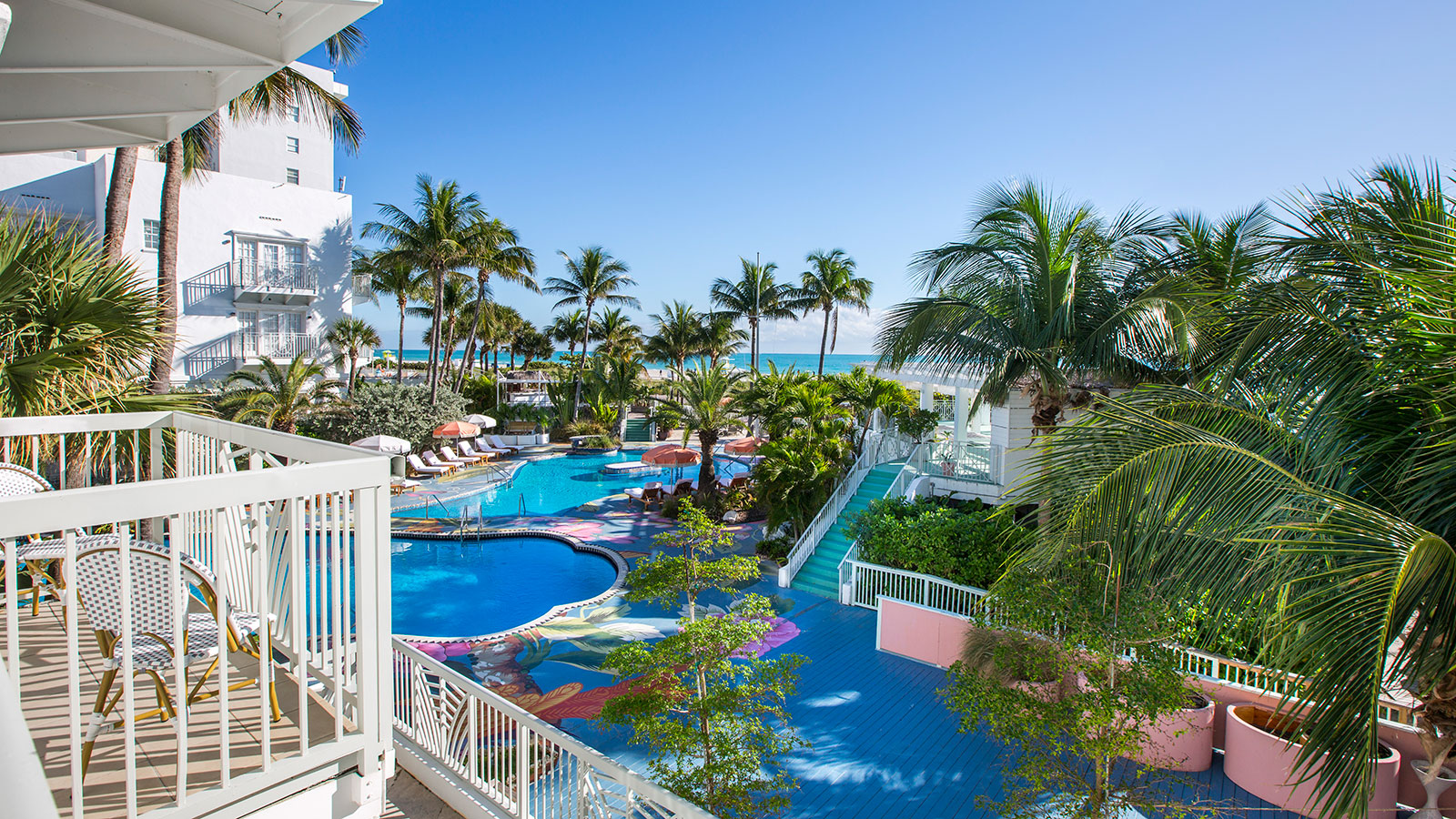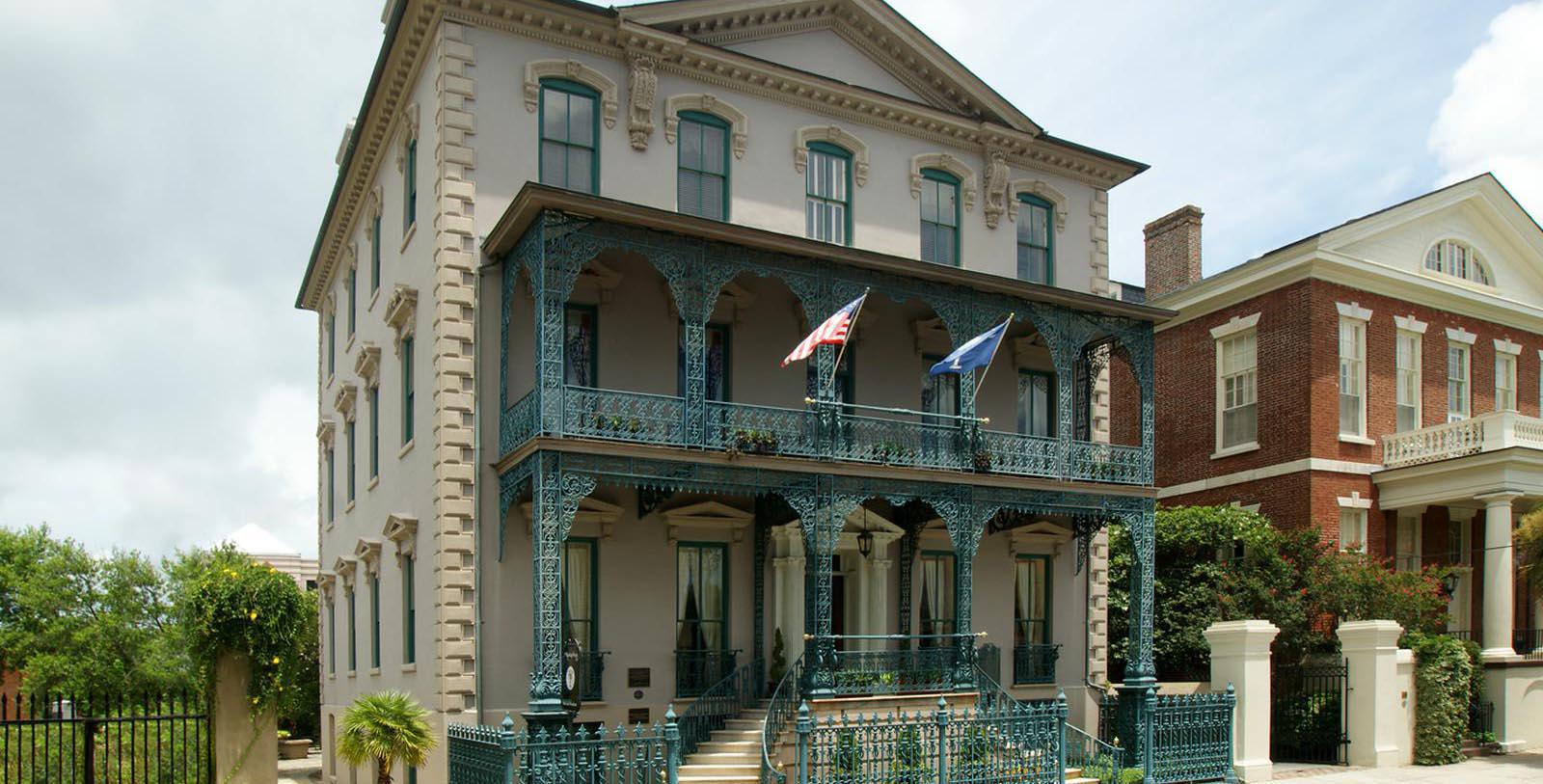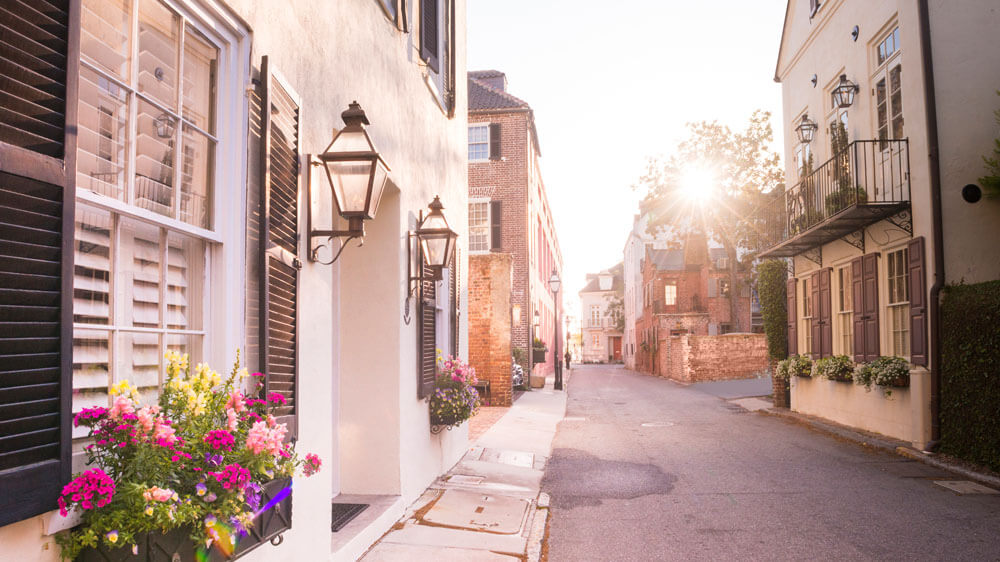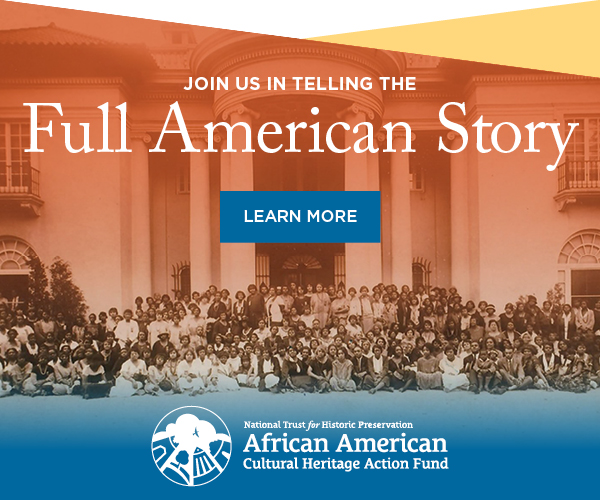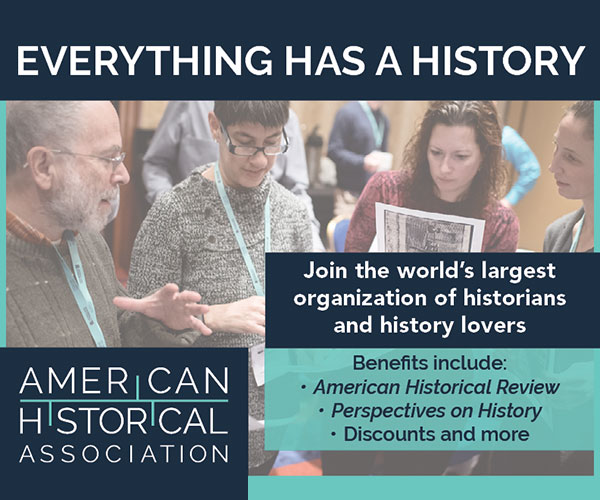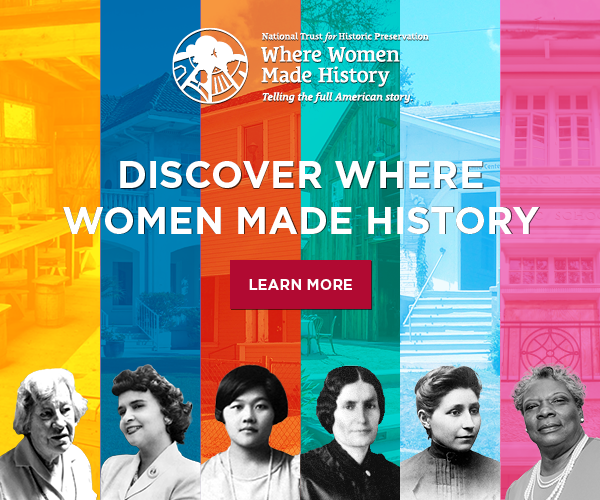Receive for Free - Discover & Explore eNewsletter monthly with advance notice of special offers, packages, and insider savings from 10% - 30% off Best Available Rates at selected hotels.
explore
-
Explore some of the city’s best museums minutes from the hotel. The Charleston Museum is the oldest museum in the United States, founded in 1773. Home to such artifacts as the table where the state’s secession documents were signed, a whale skeleton, and slave tags, this fascinating museum located just a short drive from John Rutledge House Inn offers valuable context before exploring the city’s historic district. For an eye-opening look at Charleston’s turbulent past, be sure to visit the Old Slave Mart Museum. Just a eight-minute walk from the hotel, this thought-provoking museum was once an open-air market, witnessing the auction of men, women, and children during the mid-1800s. Along with text-heavy exhibits, haunting oral recollections, and artifacts, the museum is also frequently staffed by the descendants of some of the enslaved people of Charleston.
-
Take a step back in time and into a piece of American history with a visit to Fort Sumter. Accessible only by ferry, this pentagon-shaped island and one-time Confederate stronghold in Charleston Harbor was the site of the first battle of the Civil War. Though thoroughly shelled by the Union army between 1863 and 1865, some of its original fortifications and weaponry remain. For a more recent look at Charleston’s military history, head across the harbor to Patriots Point Naval & Maritime Museum. Here, visitors can explore the USS Yorktown, a mighty aircraft carrier that served in many battles in the Pacific Theater throughout World War II and Vietnam, and the USS Laffey, the most decorated U.S. destroyer from World War II still in existence, as well as the immersive Vietnam Experience. Other notable sights to see at Patriots Point include military aircraft and the Medal of Honor Museum.
-
Go for a stroll down Rainbow Row, a picturesque stretch of 13 prismatic Georgian row houses. Perched along lower East Bay Street like house-shaped Easter eggs, these candy-colored homes were once wharf-side merchant stores. Although the buildings themselves date back to 1730, their pastel paint is slightly more recent, receiving their kaleidoscopic makeovers around the 1920s. The splashy transformation was a raving success, and soon, the rest of the city followed course. Along with those of Rainbow Row and, of course, John Rutledge House Inn, several other historic homes throughout Charleston are also worth a visit. The Aiken-Rhett House offers a snapshot-in-time look at an 1820s urban townhouse complex, complete with dorm-style quarters for its enslaved African caretakers), while the Heyward-Washington House is the former home of one of South Carolina’s signers of the Declaration of Independence and the temporary home-away-from-home for President George Washington during his weeklong Charleston visit in 1791.
-
Bear witness to South Carolina’s involvement in one of the most shameful periods of American history and its efforts to reconcile its role during that time with a visit to one of Charleston’s plantations. Although there are several former plantations in the area, one that is especially impactful is the McLeod Plantation Historic Site. A Gullah Geechee heritage site that centers the stories of enslaved people and freedmen, this 37-acre former cotton plantation is a living tribute to the people who shaped the Lowcountry. Here, visitors learn about everything from the cultivation of Sea Island cotton and daily plantation life to the role of spirituality, the influence of the Freedmen’s Bureau, and the efforts of the Massachusetts 55th, a volunteer infantry unit of free Black people who emancipated the plantation’s enslaved individuals.


